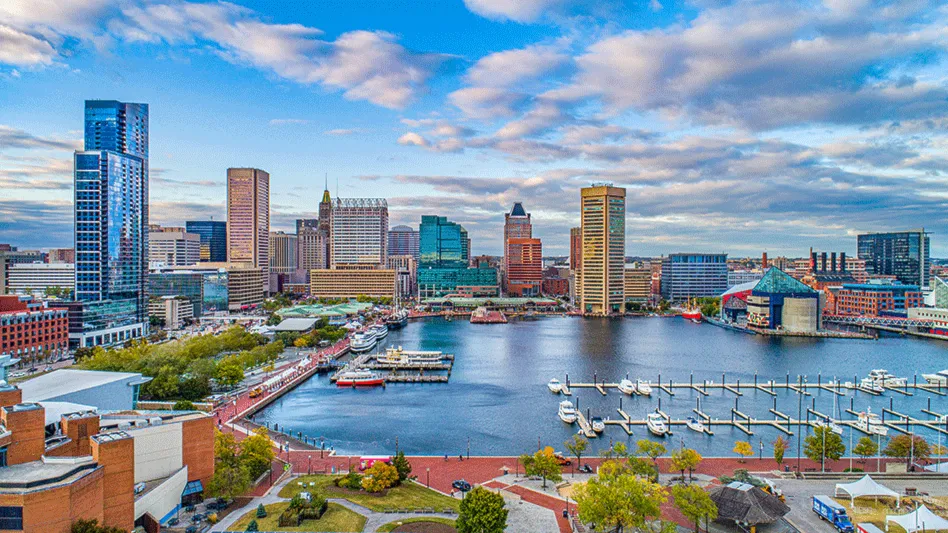
Photo from Waste Today photo archives
Clean Harbors, a Norwell, Massachusetts-based environmental services company, says it will not treat contaminated wastewater from the East Palestine, Ohio, train derailment, CBS News reports.
The announcement comes after pushback from local lawmakers, including Baltimore Mayor Brandon M. Scott.
“Given the actions that Mayor Scott has taken in denying our request to discharge the East Palestine pretreated wastewater into the Baltimore … system, we will not be processing any of the wastewater from the EPA-regulated cleanup of the site in Ohio at our Baltimore plant,” Clean Harbors says in a statement. “While we are confident that our Baltimore facility is safe to handle and process that waste, as we have made clear from the beginning of this process, we would only be moving forward with the approval of all federal, state and local regulators.”
RELATED: Clean Harbors releases 2022 sustainability report
According to CBS News, city leaders learned March 23 at least 675,000 gallons of pretreated wastewater from East Palestine would be sent to the Black River Wastewater Treatment Plant, a city-run facility based in Dundalk.
Given concerns regarding the plant’s ability to effectively treat the water, largely due to compliance and permit issues, Scott directed the Department of Public Works to deny Clean Harbor’s request to discharge the wastewater.
Following Clean Harbor’s announcement it would not treat the contaminated wastewater, Scott issued the following statement: “As the mayor, ensuring the protection and safety of our residents is of the utmost importance to me. Therefore, I am pleased to announce that Clean Harbors has confirmed they will no longer process any wastewater originating from the Norfolk Southern Railroad derailment in East Palestine, Ohio in their Baltimore facility as a result of my denial of their permit to discharge in Baltimore’s wastewater system.”
This is the latest in a series of pushback from states that have raised concerns about receiving waste from East Palestine for treatment and disposal.
In a March 12 statement on Twitter, Oklahoma Gov. Kevin Stitt said he “worked with [his] team, [including] Sen. [James] Lankford, Sen. [Markwayne] Mullin and Congressman [Frank] Lucas, to stop the shipment [of contaminated soil from] coming to our state.
“There are too many unanswered questions and, ultimately, I made the decision that this is not in the best interest of Oklahomans. As of late last night, that shipment has been blocked.”
Latest from Waste Today
- US Composting Council grant will fund data collection
- Enviri releases annual ESG report
- Waste Connections enjoys income, revenue boosts
- Machinex recognized as Recycling Equipment Innovator of the year
- WM announces solid Q2 growth
- Reworld partners with Genpact
- Waste Pro earns favorable financing rating
- Amberjack announces exit from investment in Best Trash





